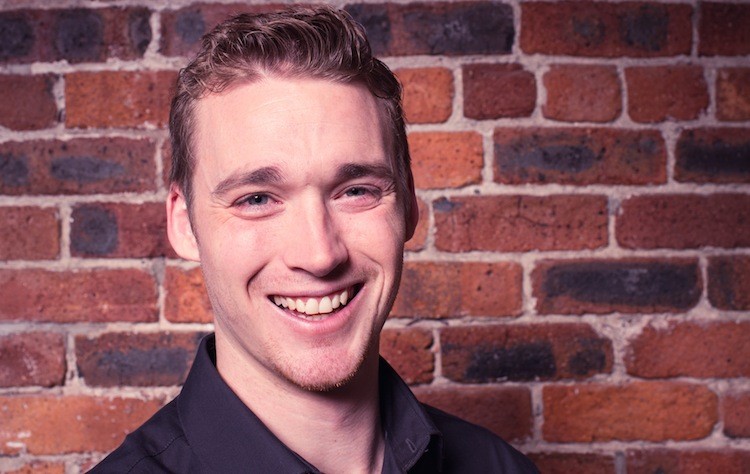Even though cancer treatment often upends our lives, I enjoyed the structure and predictability of it, and of going through the same routine for weeks, or even months. As the process becomes normalized, it begins to feel safe, or at the very least, predictable. Very little is expected out of you other than getting out of bed every day and going to your appointments. I know many who have to take time off work or school, and so life stops around you and all your attention is on treatment and getting through it. But when it’s all over, finding your routine again can be difficult.
The first time I came out of treatment was easy; I just picked up where I left off and went back to school, as that was my plan, and I tried not to worry about cancer as much. From that point, for almost two years, life was pretty good: no cancer hiccups, relationships were good, and I was just feeling well. But that changed when I had to go back on chemo for a year, and then more recently, did seven weeks of radiation. I disengaged with life and went back on autopilot. I showed up to appointments when I needed to, and I fell into that “safe” routine of being a patient.
It’s a coping mechanism that many patients use, mostly to reduce the stress of daily life—don’t think about too much, relax, compartmentalize and push feelings aside and just keep pushing through everything. I felt pressured (mostly from myself) to stay and look strong, and put on a brave face. I know the last thing I wanted to do was to tell people that I was feeling worried and lost. Which I found out later was pretty normal. Signs of depressive disorders and symptoms are up to four times more common in cancer patients than in the general population* **, and to make things even more problematic, the side effects of treatments can mimic those same signs and symptoms, so actual depression can be overlooked and/or go unnoticed. Yikes.
Thankfully, there are fantastic supports in place to assist with the mental health of patients. Most hospitals have a team of social workers and psychologists to link patients with necessary and helpful resources, and some even have free counselling services as well. There is also a large variety of resources on the Internet, from Facebook groups and organizations like YACC and Stupid Cancer which are general communities for any YA affected by cancer, to more diagnosis-specific groups, as well. I did find some help from Wellspring, an organization with a variety of programs (including free drop-in counselling and “a return to work” program). You can connect with Welllspring locations all over Canada, although they deal with a wider demographic than the YA specific groups.
My takeaway here is that as patients and survivors, cancer hits us hard, so it isn’t unexpected that our mental health takes a hit. Having to confront my mortality at 24 felt like I was, as Marty McFly would say, “heavy.” So don’t be afraid to reach out and ask for help, because YACC’s (and others) have your back.
REFERENCES
*Šprah, Lilijana, and Mojca Šoštarič. “Psychosocial Coping Strategies in Cancer Patients.” Radiol Oncol 38.1: 35-42.
**Chris Woolston M.S., “Depression and Cancer” http://consumer.healthday.com/encyclopedia/breast-cancer-7/breast-cancer-news-94/depression-and-cancer-644944.html, updated March 11, 2015








